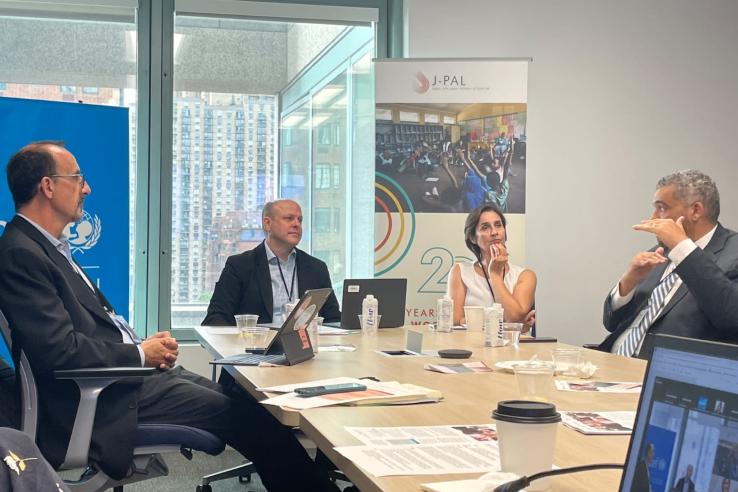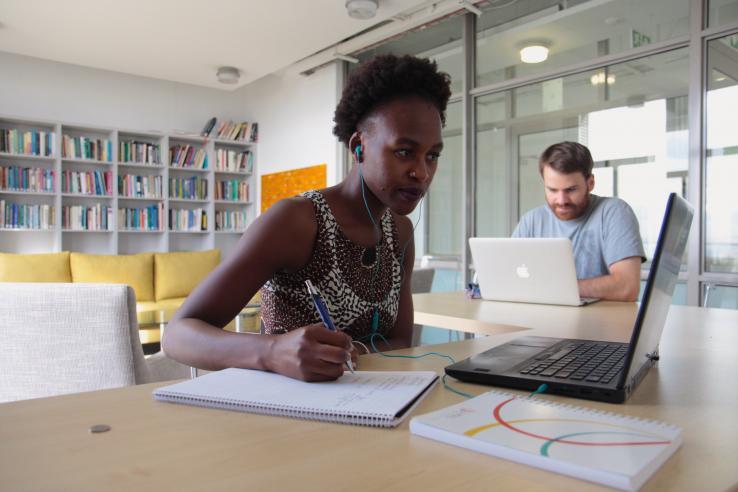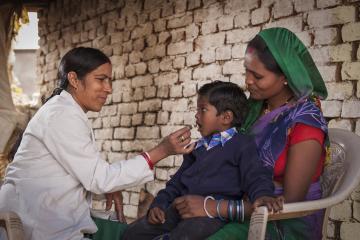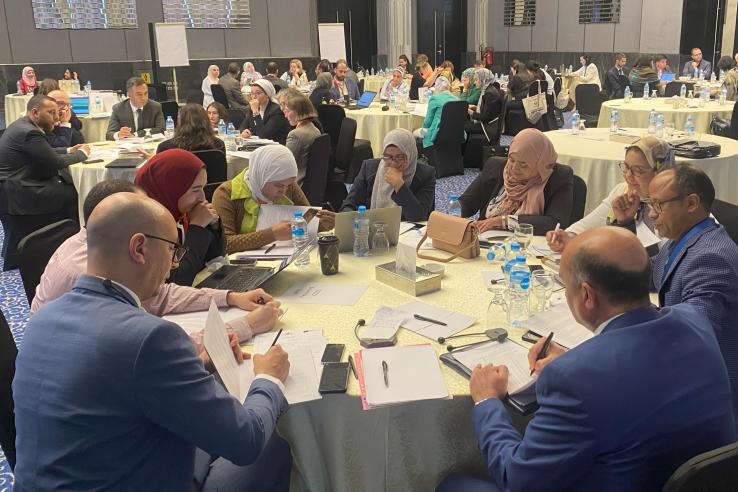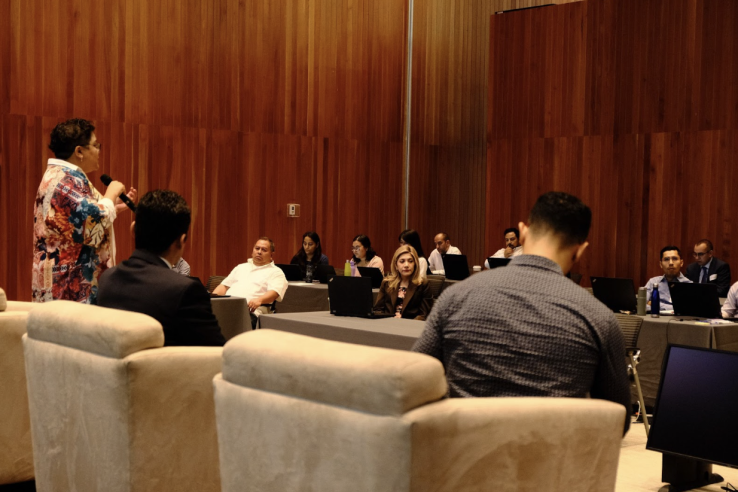Displaying 7261 - 7275 of 8331
Blog
FLN Academy 3.0 is a collaboration between UNICEF and J-PAL that supports UNICEF regional and country offices and local stakeholders in applying evidence-based solutions to advance foundational literacy and numeracy.
Person
Event
O próximo período do Programa MITx MicroMasters® em Dados, Economia e Elaboração de Políticas está se aproximando rapidamente! Junte-se à equipe do curso DEDP em um webinário para saber mais sobre o programa e ter suas perguntas respondidas ao vivo. Uma gravação do evento será enviada a todos os...
The Evidence Effect
Providing regular deworming pills for children helps them stay in school, learn more, and earn more as adults.
The Evidence Effect
Innovations in microcredit design can improve business growth and borrower wellbeing.
Event
Philanthropic organizations often face a dilemma: Each challenge has many potentially good solutions—but most organizations have limited time and resources to effectively implement multiple programs at once. This webinar, co-hosted by J-PAL and the Institute of Philanthropy (IoP), will explore how...
Event
The Egypt Impact Lab (EIL) and the United Nations Human Settlements Programme (UN-Habitat) are hosting a learning workshop that brings together policymakers and practitioners to strengthen evidence ecosystems in urban planning.
Blog
Policymakers are facing a steep challenge: They need to address urgent development priorities with shrinking resources.
Person
P. Mahesh Kumar is a Finance and Operations Associate at J-PAL South Asia, where he supports the CORE-F project. He manages budgeting, financial reporting, procurement, and operational systems, ensuring accuracy, compliance, and efficient execution. Mahesh plays a key role in strengthening the...
Update
J-PAL Updates
J-PAL North America's May newsletter features an opinion piece on the value of sectoral employment programs, a new research project evaluating the Getting Going on Savings Initiative, and a new job board for public interest jobs.
Person
Jade Sillère is a Research Assistant at J-PAL Europe, where she supports various research projects led by Assistant Professors Jacob Moscona and Nina Rousille, focusing on climate and labor markets.
Event
Desde 2009, J-PAL LAC ha trabajado con más de veinte gobiernos en América Latina y el Caribe para fortalecer sus capacidades institucionales en el diseño, evaluación y mejora de programas sociales, con un enfoque basado en evaluaciones aleatorizadas como herramienta clave para generar evidencia...
Person
Marithé Sylla is a Policy Intern at J-PAL Africa, where she supports the policy team in translating evidence into policy and contributes to outreach and stakeholder engagement efforts.
Person
Khushboo Patel is a Policy Intern at J-PAL Africa. She will support efforts to promote the use of rigorous evidence in education policy by scoping opportunities for research and engagement, mapping potential partnerships, and developing communications and strategy content.
